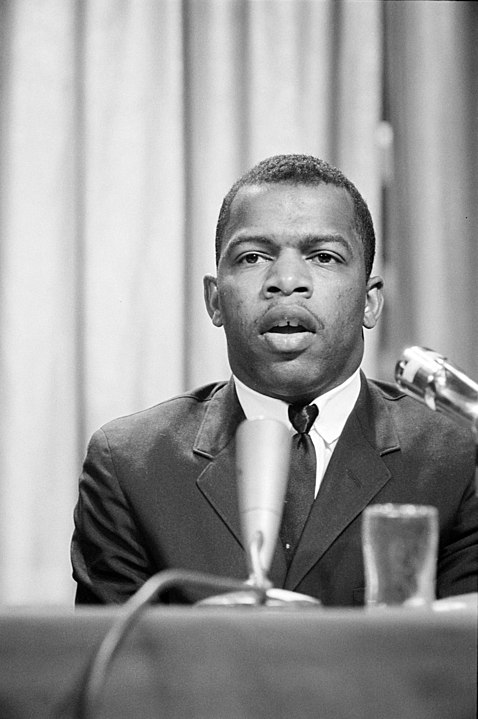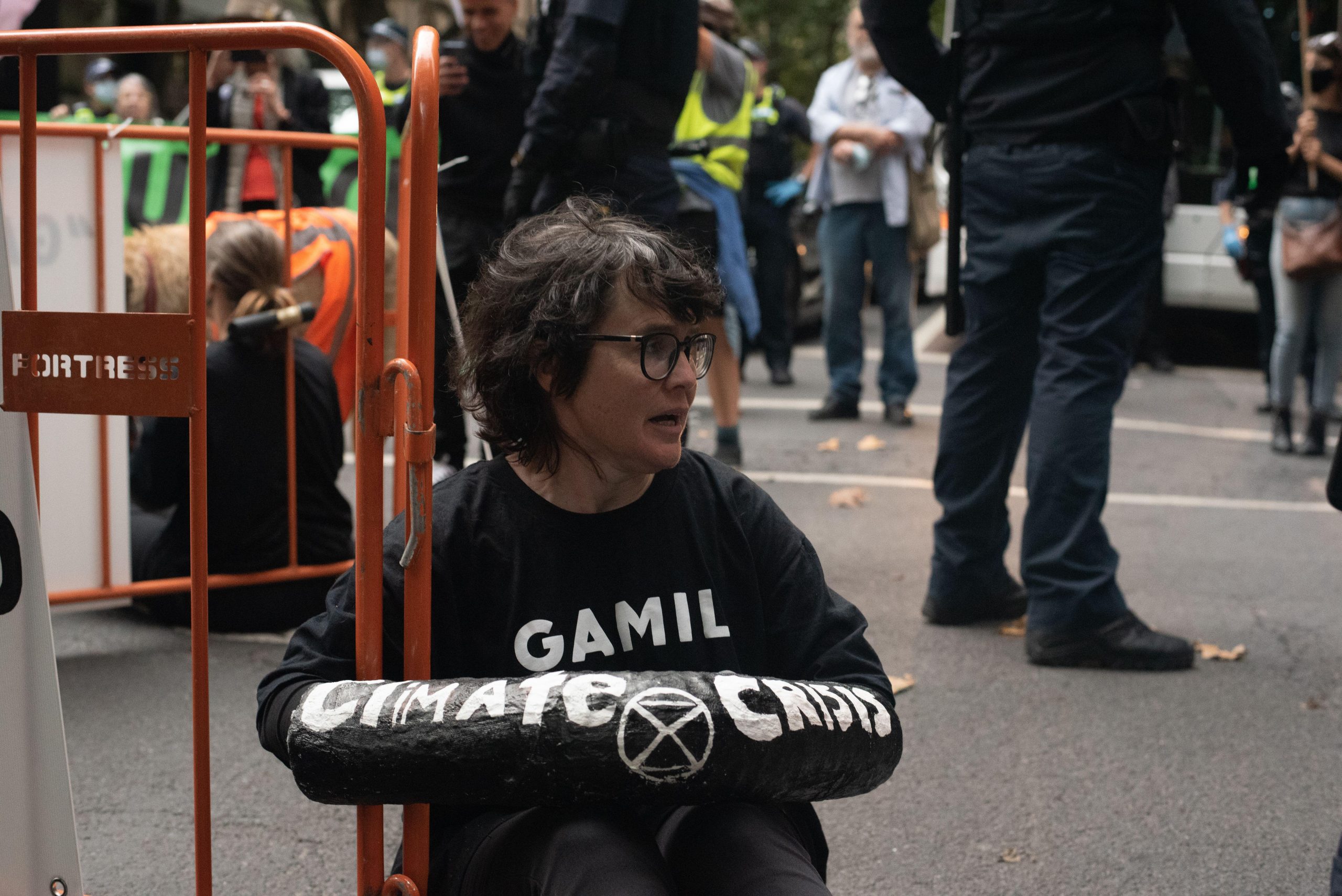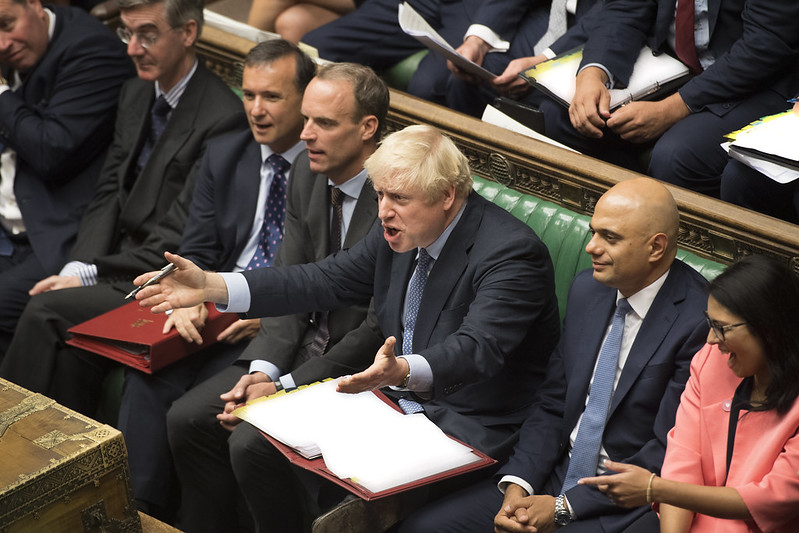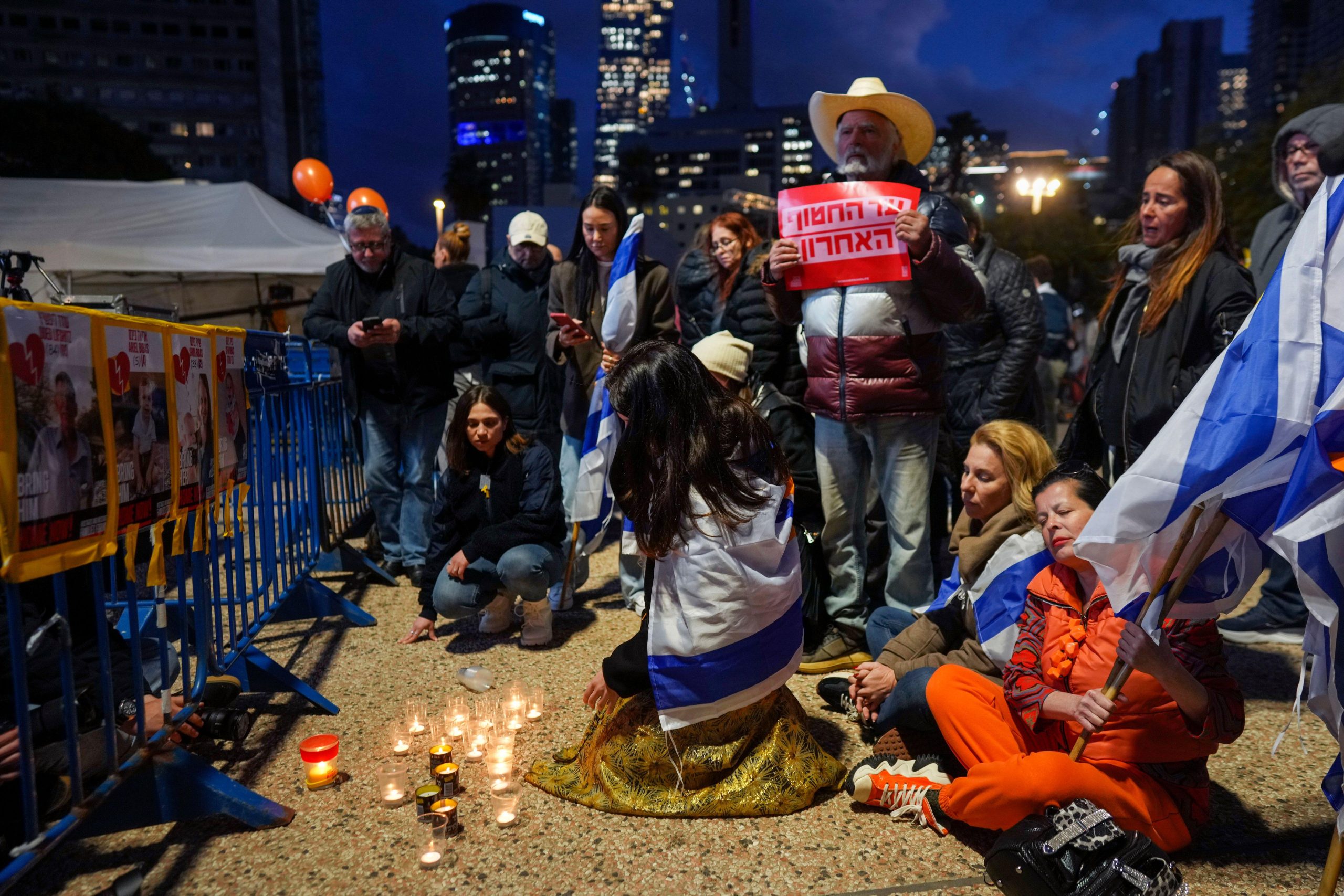[vc_row][vc_column][vc_column_text]
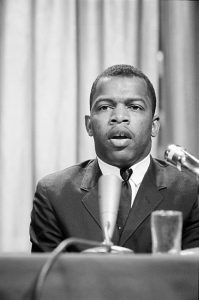
Civil rights activist John Lewis at a meeting of American Society of Newspaper Editors, 16th April 1964. Credit: Marion S Trikosko, US News and World Reports
This week saw the funeral of the civil rights legend, Congressman John Robert Lewis. The word hero can be attributed all too easily but that’s simply not the case when you use it to describe John Lewis. In 1961, he was one of the first freedom riders, refusing to sit at the back of the bus. He one of the “Big Six” organisers and the youngest speaker at the March on Washington in 1963. In 1965 when crossing Edmund Pettus Bridge in Selma, Alabama, he became the face of police brutality as he was beaten until bloody. He led the campaign to register millions of people to vote in the 1970s. And in 1986 he was elected to the US House of Representatives representing Georgia’s 5th Congressional District, a role he held until his death on 17th July 2020. He did all of these things with a level of personal dignity that was inspirational.
John Lewis wasn’t just an American hero – he was a living legend and a global citizen. He inspired all of us who are passionate about human rights and he led the charge for equality – as a peaceful non-violent movement. And on every step of his journey he got into “good trouble”. He was never afraid to use his voice to fight for others, to fight for justice, to fight for fairness, and for that every single one of us owes him an eternal debt of gratitude.
You may be asking why I am using my weekly blog on free speech to celebrate the life of one of my heroes. And of course, I am taking slight liberties. But the civil rights movement used their right to free speech, free association and freedom of the press to make the world stop and listen. They used every right outlined in the First Amendment to make themselves heard. Every possible weapon in their peaceful arsenal to make our global community a better place.
John Lewis worked tirelessly, hand-in-hand, with Dr Martin Luther King Jr, exposing discrimination, shining a light on injustice and using such powerful oratory as part of their protests that the world could not ignore their plight. Our civil rights heroes taught every other equality movement the power of language, of storytelling, of the spoken and written word and the vital importance of the free press. In other words, they didn’t just rely on free speech to achieve their objectives, they celebrated it and that’s why I’m such a passionate defender of it.
I fear that the current climate of increasing polarisation in our public conversation means that we are forgetting the lessons of the heroes and heroines of the civil rights movement. John Lewis wanted to win the argument to make a difference and he did just that. He exposed every injustice and absurdity of the Jim Crow laws; every time he was arrested he made sure that the media knew about it and he told his story – to prove he was right, both morally and legally. We need to relearn his methods and we need to re-embrace storytelling – making sure that we have free speech for a purpose – to make the world a better place.
In his words: “Never, ever be afraid to make some noise and get in good trouble, necessary trouble.”[/vc_column_text][/vc_column][/vc_row][vc_row][vc_column][vc_btn title=”DONATE” color=”danger” link=”url:https%3A%2F%2Fwww.indexoncensorship.org%2Fdonate|||”][/vc_column][/vc_row][vc_row][vc_column][/vc_column][/vc_row]

